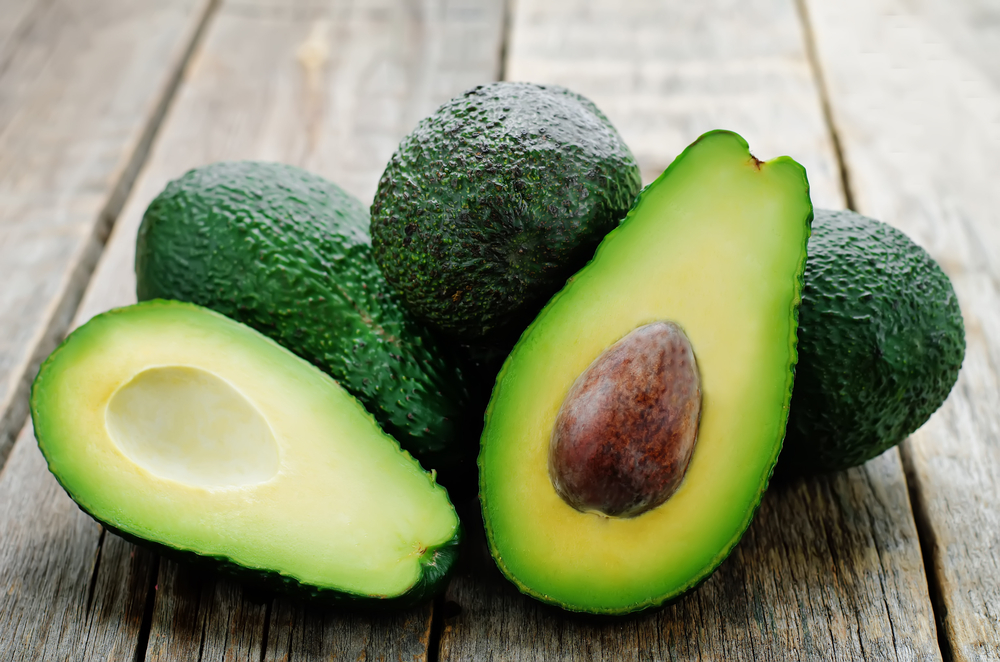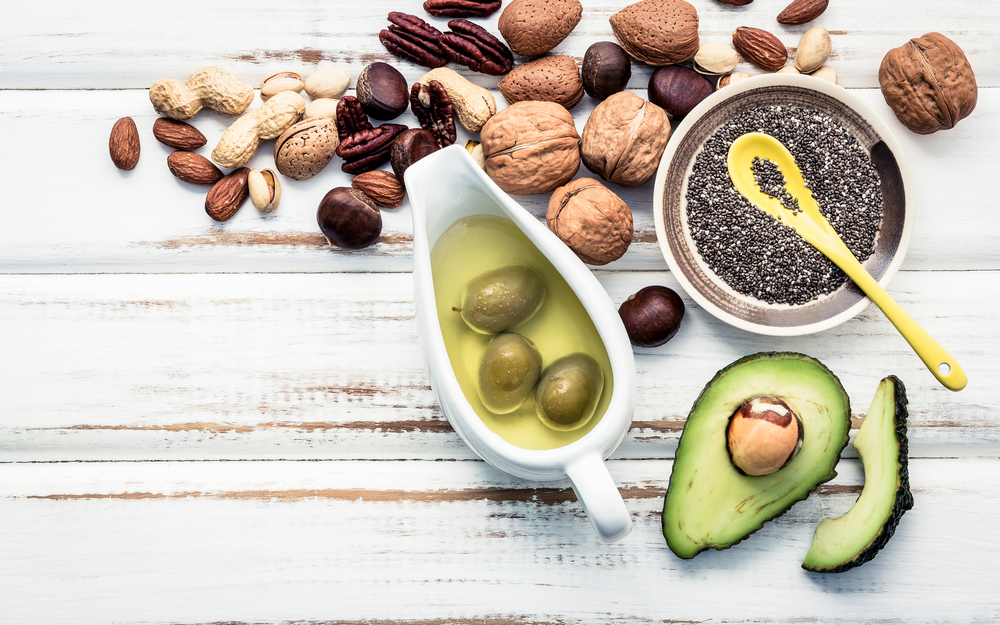Avocados can reduce the risk of heart disease

Eating two or more servings of avocado week (a serving is half an avocado) can cut your risk of heart disease by more than a fifth. So suggests a study[i] carried out by the nutrition department at the Harvard TH Chan School of Public Health in Boston.
Meanwhile, replacing half a daily serving of margarine, butter, egg, yogurt, cheese, or processed meats such as bacon with the same amount of avocado was linked with a 16-22% lower risk of cardiovascular disease.
Swapping avocado for the equivalent amount of olive oil, nuts and other plant oils, however, did not show similar benefits. “Our study provides further evidence that the intake of plant-sourced unsaturated fats can improve diet quality and is an important component in cardiovascular disease prevention,” said lead author of the study Lorena S Pacheco.
Exercise helps support mental health

Brighter longer days are on the way. But what if you can’t shake off the winter blues?
A brisk walk a day could help and now there is research to back up the claim. A recent study from Cambridge University[ii] suggests that physical activity in line with Government guidelines which advocate at least 150 minutes (30 minutes, 5 days a week) of moderately intense activity (such as walking) or 75 minutes of vigorous intensity a week is linked to better mental health.
Reassuringly the paper also found that even those who managed half the recommended amount had a lower risk of depression compared to their inactive peers. The message is simple: when it comes to mental health, any activity is better than nothing.
Plant-based Omega 3s may reduce the risk of heart disease

Plant-based omega-3s may boost heart health and reduce risk of heart disease. So says recent research from Pennsylvania State University[iii]. The researchers carried out a comprehensive review of the literature analysing data from previous studies. It looked at the effects of alpha-linolenic acid (ALA), an essential dietary fat and the main plant source of omega-3 fatty acids, on heart disease and heart disease risk factors like blood pressure and inflammation.
The results showed that consuming ALA found in plant-based foods was linked with a 10% lower risk of cardiovascular disease and a 20% reduced risk of fatal coronary heart disease. Good plant sources of omega 3s include nuts and seeds (walnuts, pumpkin, and chia); vegetable oils (rapeseed and linseed); soya and soya products (beans, milk, and yogurt) and fortified foods (milk, yogurt, bread, and spreads).
[i] doi.org/10.1161/JAHA.121.024014Journal of the American Heart Association. 2022;11:e024014
[ii] JAMA Psychiatry. 2022; doi: 10.1001/jamapsychiatry.2022.0609
[iii] Aleix Sala-Vila, Jennifer Fleming, Penny Kris-Etherton, Emilio Ros, Impact of α-Linolenic Acid, the Vegetable ω-3 Fatty Acid, on Cardiovascular Disease and Cognition, Advances in Nutrition, 2022;, nmac016, https://doi.org/10.1093/advances/nmac016























Add comment